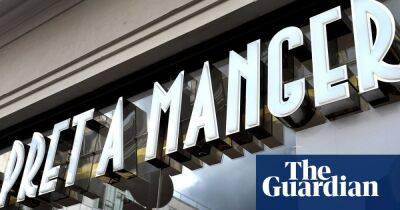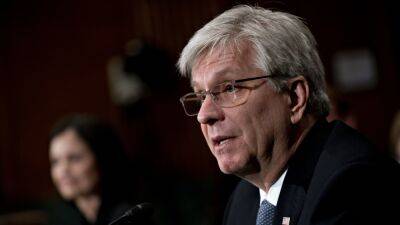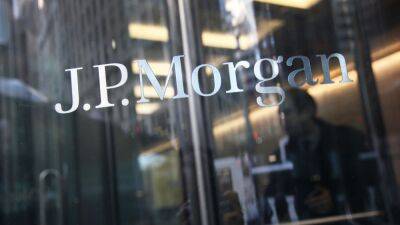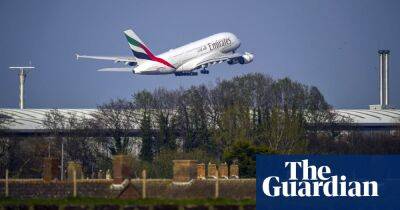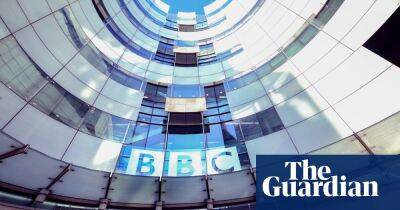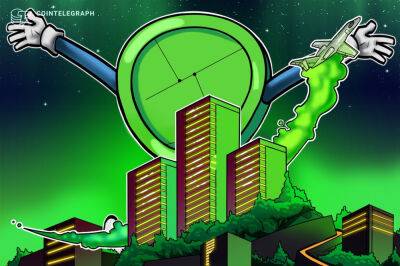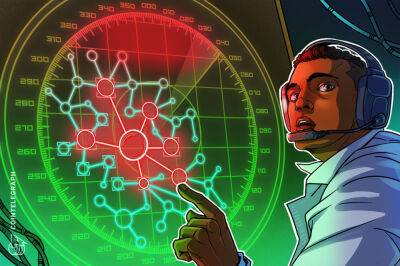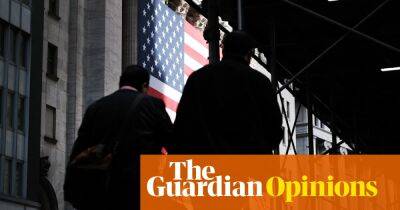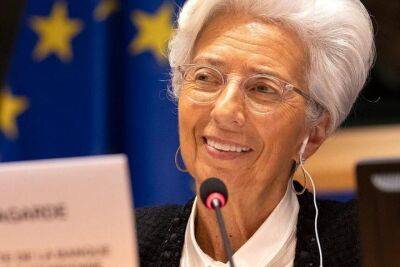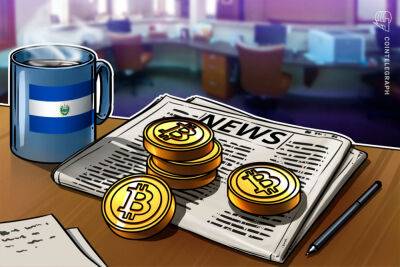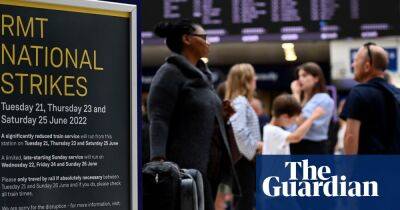UK government needs long-term plan for higher wages, not a fight with workers
Everywhere we look, the fabric of Britain is fraying at the seams. Strikes on the railways, airports in chaos, severe staff shortages, soaring prices for petrol and food, the biggest fall in living standards since the 1950s.
With the biggest industrial dispute on the rail network in three decades due to begin this week, battle lines are drawn. Alongside the succession of shocks caused by the Covid pandemic and Russia’s war in Ukraine, Boris Johnson’s government will add another culprit behind our palpable sense of national decline: workers.
The tone could hardly be more different from last October, when the prime minister told the Conservative party conference that Britain was on a path to becoming a high-wage economy under his leadership. Business leaders were warned to stop moaning about Brexit and staff shortages and told to get on with raising pay instead.
Now the government warns the conditions are primed for a dangerous “wage-price spiral” that would force the Bank of England to ramp up interest rates even further to choke inflation out of the system – raising the spectre of the 1970s, when powerful trade unions pushed up pay, and with it inflation.
In this marked shift, the chief secretary to the Treasury, Simon Clarke, warned public sector workers in particular they should not have “unrealistic expectations” about their pay because increases would only “prolong and intensify” the cost of living crisis.
It was a telling intervention, expressing a view held by senior cabinet members. Although accounting for only 15% of the workforce, the Treasury view is that holding down public sector pay can send a powerful message to the economy at large – helping to keep wage expectations low.
Over the coming weeks, plans for annual
Read more on theguardian.com

 theguardian.com
theguardian.com